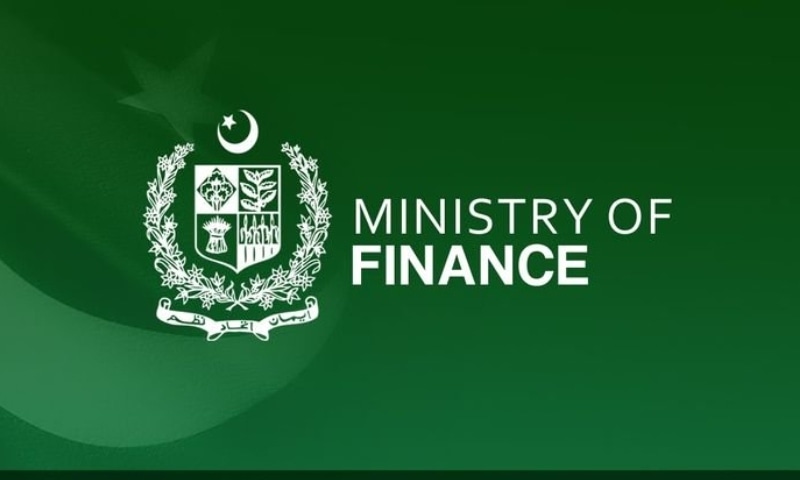PTBP Web Desk
The Federal Board of Revenue (FBR) has reportedly halted a high-stakes investigation into an alleged Rs. 11 billion tax fraud case implicating a prominent cement manufacturer.
The abrupt suspension follows the transfer of critical officers from the Internal Audit department to different cities, a move that has raised eyebrows and sparked concerns about the integrity of the investigation.
The investigation initially gained traction when the Directorate of Internal Audit recovered Rs. 1 billion from the primary accused cement company. This breakthrough spurred the Directorate to widen its scope by urging the Large Taxpayers Office (LTO) in Karachi to audit three additional cement manufacturers. However, this progress was cut short when all officers involved in the probe were reassigned to different locations, effectively stalling the investigation.
Sources close to the matter revealed that the investigation uncovered a sophisticated scheme involving fraudulent input tax adjustments. These adjustments were allegedly claimed based on fake coal purchase invoices. The case implicated 12 companies, many of which were already blacklisted by various Regional Tax Offices (RTOs) across Pakistan.
The fraudulent scheme reportedly involved companies exploiting their “active” status on the FBR’s portal to appear credible. They utilized fake credit notes, withholding adjustments, and fabricated coal purchase invoices to inflate their input tax claims. Despite the companies being given multiple opportunities since December 26, 2023, to present supporting documents—such as purchase invoices, weight receipts, delivery challans, and bank payment proofs—they failed to produce the required evidence. This lack of documentation extended to proof of imported coal usage in their manufacturing processes.
The practices under scrutiny were in clear violation of Section 73 of the Sales Tax Act, 1990, which mandates that all payments must be made through proper banking channels. The absence of compliance with this requirement further substantiated the allegations against the companies.
The sudden suspension of the investigation has led to widespread speculation about potential interference by powerful industry players. The absence of an official explanation for the transfers and the decision to shelve the probe has fueled doubts about the transparency and impartiality of the regulatory process.
The investigation had revealed a web of fraudulent transactions among the implicated companies, highlighting systemic issues within the tax compliance framework. Despite the gravity of these findings, the reassignment of investigating officers has left the case in limbo, raising concerns about the enforcement of accountability in the corporate sector.
The involvement of influential industry players in halting such a significant investigation has underscored the challenges faced by regulatory authorities in holding powerful entities accountable. Critics argue that the case highlights the urgent need for reforms within the FBR to ensure that investigations are insulated from external pressures and political interference.
The abrupt suspension of the investigation is likely to have far-reaching implications for tax compliance in Pakistan. By failing to follow through on such a high-profile case, the FBR risks sending a message of leniency toward fraudulent practices. This could undermine public trust in the institution and embolden other companies to exploit loopholes in the tax system.
The cement sector, which plays a pivotal role in Pakistan’s economy, has come under scrutiny for its tax compliance practices. The unresolved case may tarnish the industry’s reputation and discourage legitimate businesses from competing on a level playing field.
To restore confidence in the regulatory framework, the FBR must address the concerns surrounding this case. Transparency in the decision-making process and a commitment to pursuing accountability are essential to rebuilding trust. The suspension of this investigation serves as a wake-up call for the FBR to implement safeguards that prevent external interference in future probes.




